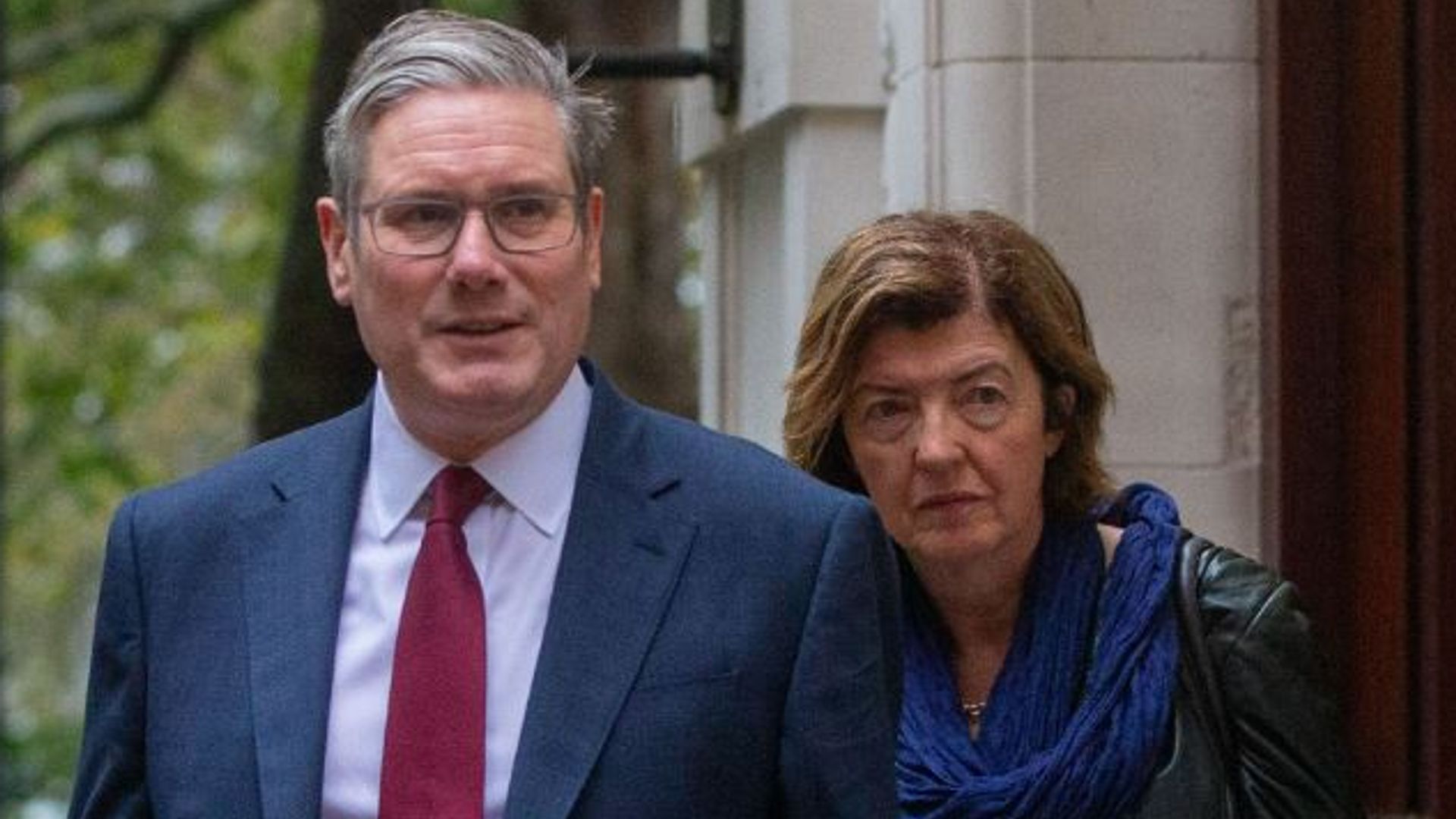Sue Gray has rejected a new job offer from Sir Keir Starmer after she quit as his chief of staff just weeks into his premiership, Sky News understands.
The former chief political adviser has turned down the role as envoy for the nations and is “going to focus on other things”, a source close to her told Sky News political editor Beth Rigby.
Politics live: ‘Eye-watering’ climate target announced by Starmer
The source added: “She’s taken time to think about it properly, talking to stakeholders, but ultimately she’s decided she doesn’t want to do it.”
Ms Gray quit as Sir Keir’s top aide last month after weeks of negative briefings against her, including a row about her salary.
It was announced at the time that she had been appointed in a new role as the prime minister’s envoy for nations and regions, a position she had said she was “looking forward” to taking on.
However, she went on to miss the first key summit relevant to her new remit, with cabinet minister Pat McFadden telling Sky News she had “been through quite a lot” and has “taken a short break”.
Cleverly done?
Starmer’s saviour? Insiders lift the lid on Morgan McSweeney, the PM’s new closest confidante
Sue Gray to miss first key summit in new role
A government source said of Ms Gray’s decision to ultimately reject the role: “I think it’s the right decision.”
Please use Chrome browser for a more accessible video player
Ms Gray rose to public prominence after authoring the report into parties in Downing Street during the pandemic.
Her manoeuvre over to Labour attracted headlines from the beginning, with the Tories raising questions about how much contact she’d had with the party about the top job while still a civil servant.
But it was an internal row that pushed her out of the chief of staff role, with Labour’s first three months in office dominated by negative headlines about her.
Tensions over Ms Gray’s job reached a crescendo when her salary of £170,000 – £3,000 more than the prime minister – was leaked to the BBC in an apparent attempt to damage her politically.
The broadcaster also reported more junior staff were disgruntled they were not being paid more than what they received when Labour was in opposition – despite now occupying more senior government roles.
When she resigned on 6 October, Ms Gray said that while it had been “an honour to take on the role of chief of staff”, it had become clear that “intense commentary around my position risked becoming a distraction to the government’s vital work of change”.
“It is for that reason I have chosen to stand aside, and I look forward to continuing to support the prime minister in my new role,” she had said.








